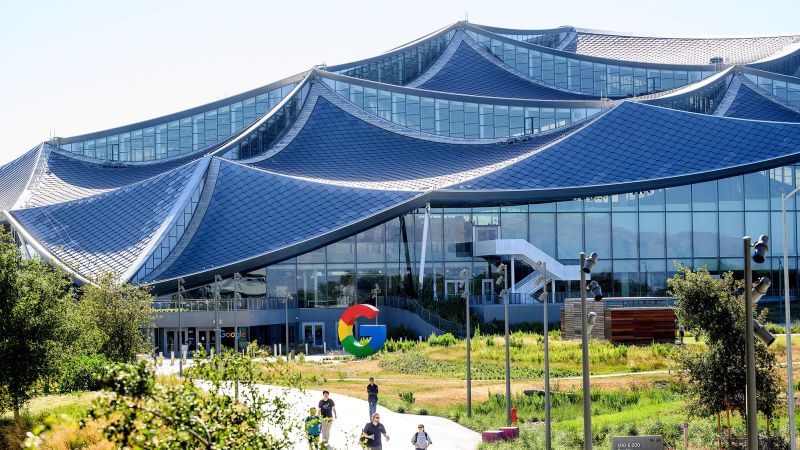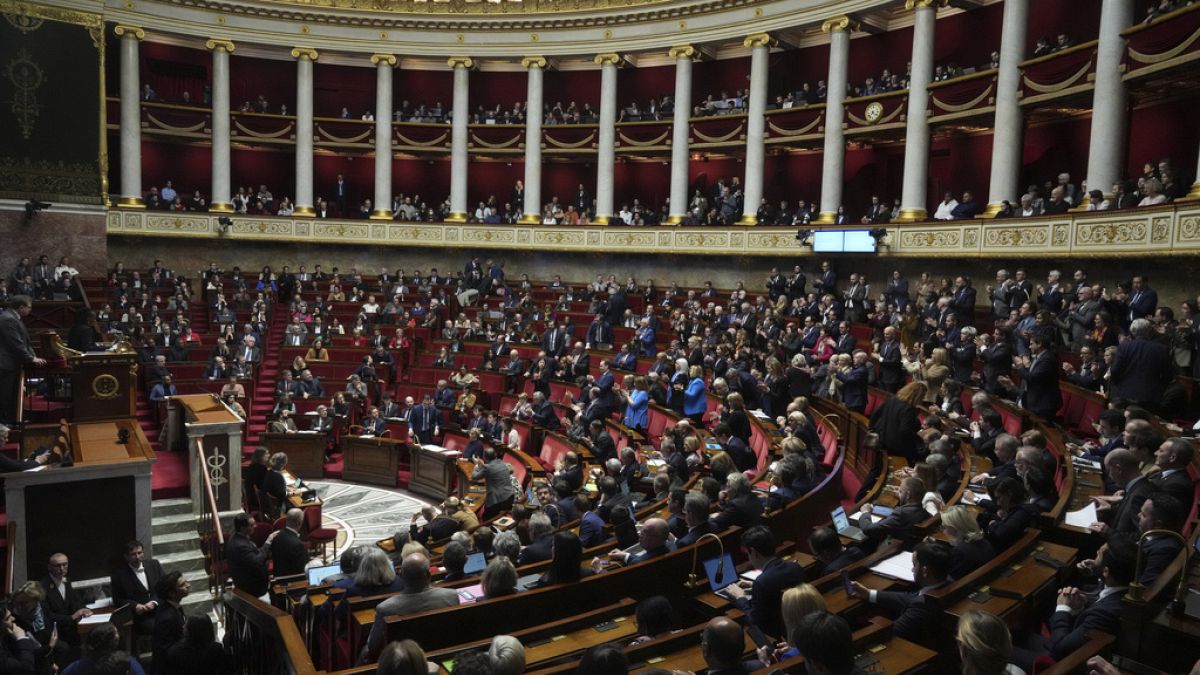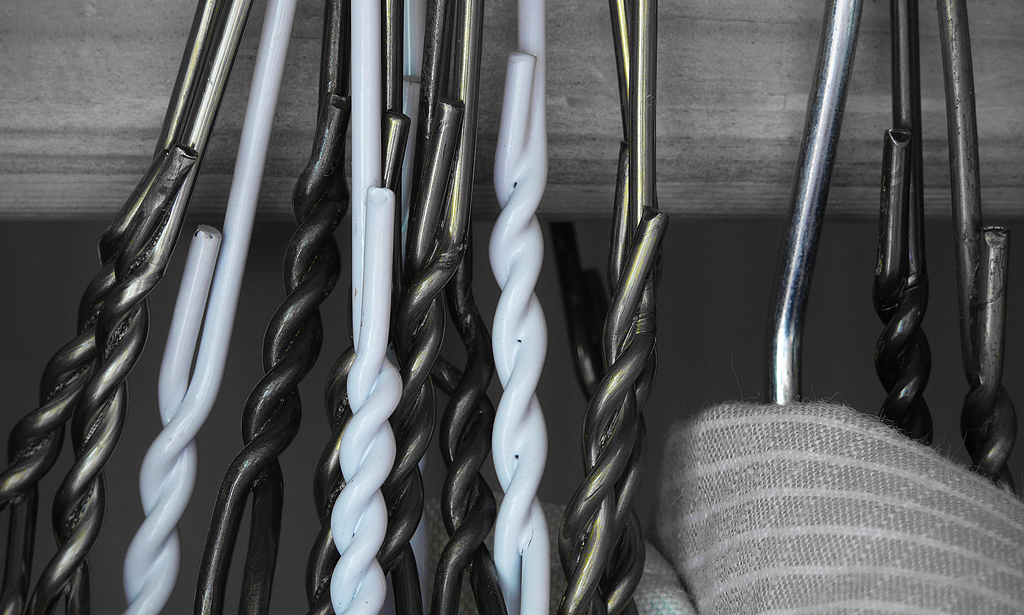Don Wetzel traveled all the way to the US capital from Montana last month to meet with politicians and to take in a Washington Football Team home game. As he moved through the crowd outside FedEx Field, he could not help but notice that more than half the fans were wearing something with the team’s former logo.
That logo, the profile of a Native American trimmed with a circle of life and two eagle feathers, was especially familiar to Don Wetzel because his late father, Walter S “Blackie” Wetzel, had designed it 50 years ago, then gave it to Jack Kent Cooke, the team’s owner. The logo stayed on Washington’s helmets until last year, when the team’s racist nickname was ditched.
“He called [the logo] his Most Beautiful Chief,” Don Wetzel tells the Guardian.
Blackie Wetzel was a Blackfeet tribal chairman and, for a time, the president of the National Congress of American Indians, an influential position in which he worked toward securing housing and job training for Native Americans.
The logo was a composite of portraits of a Blackfeet chief named White Calf (who was marketed to wealthy tourists of Glacier National Park as Two Guns White Calf). Blackie considered the logo a sort of “unification symbol” among Native Americans.
“But with the logo gone, that is kind of gone, too,” Wetzel says.
So Wetzel, who is 73 and gets around with the help of a prosthetic leg, headed east to ask for the logo back from the team. It is unclear whether Washington own the copyright to the logo. Wetzel wanted to make sure he can repurpose the logo so that it becomes the face of the Blackie Wetzel Warrior Society, which hopes to raise public awareness for missing and murdered Indigenous women as well as other social inequities on reservations.
“We’re going to be able to bring up other big issues in Indian country,” Wetzel says.
He and his caregiver, Marie Schell, said they met briefly with team officials, but “they kept interrupting us.” He became upset and the meeting ended without any agreement being reached. He has not heard back from the team, but he is not surprised. A 2016 meeting with the team about the logo had also gone nowhere. It is believed Washington are keen to reach an agreement with the family but any such settlement will take time.
Nevertheless, when asked to gauge his chances of getting the logo back, Wetzel says, “I think they’re good because this is an issue of social injustice,” adding, “It’s more of a moral battle than a legal battle.”
As with many stories that include some sort of folklore, the tale of the logo has a lot of hazy areas. For one thing, contrary to popular belief, Wetzel says, the logo was not a copy of the profile found on an old Buffalo nickel.
Plus, the logo has hardly disappeared. The Washington Football Team does not sell any merchandise on the NFL Shop website with the old logo, but a casual search on eBay turns up hundreds of such items, most of which are labeled with the team’s old nickname.
Wetzel says his father, who died in 2003 at the age of 88, was never bothered by the team’s nickname itself, because it was regarded for many years as something that saluted Native Americans. Besides, Blackie liked the team. The logo was his focal point: he thought an accurate portrait was more evocative than the “R” logo then on the team’s helmets.
Much to the surprise of the Wetzel family, who received no warning from the team, the new logo showed up on Washington’s helmets in 1972. All the family say they received in return was merchandise. The logo stayed with Washington for 48 seasons, which included the franchise’s glory years, a decade that included three Super Bowl victories. Since Dan Snyder became the owner in 1999, however, the team has made the playoffs just six times, winning two postseason games.
The team’s old nickname was a simmering controversy for most of the half-century that the logo was pasted on the team’s helmets, but a change suddenly appeared imminent in 2014, when the US Patent and Trademark Office stripped the team of six trademark registrations because the nickname was disparaging to a “substantial” number of Native Americans.
According to a July 2014 report in the Washington Post, Don Wetzel was invited by the team to its Virginia offices and shown a statue of the logo that he was told usually sat in Snyder’s office. An inscription read that Blackie Wetzel will forever be a part of the team’s family, “because of his work in getting this logo put on the helmets.”
Don was touched. But he said the team has “kind of stonewalled us” when he has asked if the family could get the logo back to benefit Native Americans. In 2016, three years before he was fired as the club president, Bruce Allen promised the Wetzels to engage Snyder about the logo, but Don says, “Nothing ever came of that, either.”
The family was honored at FedEx Field in 2018, but now Wetzel says, “I think they’re trying to erase Blackie from the logo. I really believe that.”
He has received some help from Tom Lang, a former Rutgers quarterback and tight end. Lang learned about the logo story from Wetzel, an outstanding former basketball player and coach, after Lang moved into a house across the street in Helena earlier this year and they started talking about sports. Wetzel’s latest push has yet to gain much media traction outside Montana.
“It’s time to bring it over to the eastern seaboard,” Lang tells the Guardian.
Lang considers it tragic that, when it comes down to it, the Washington Football Team is not a “family” as much as it is a corporation, but he says, “My optimism lies in people learning about the story.”
Lang adds: “This is a big vision, and will need a lot of people and financial support to make it happen. But communities here in Montana need this type of support, and the time is now. Don sees the logo as the driving force behind making this vision possible.”
Wetzel was able to meet in Washington with Steve Daines, the Republican US senator from Montana and tell him about his plan for the logo. If the Wetzels do ever get the logo back, Don also plans to share it with the Pro Football Hall of Fame.
Washington won the game he attended last month, but the stadium was only a little more than half-full, and, as Wetzel says, “I didn’t feel the atmosphere. When I went back in 2016, the crowd was into it. I don’t think they have an identity yet.”
Just because Blackie Wetzel’s logo won’t be part of the new identity, whatever it will be, his son has not stopped his crusade. In fact, Wetzel is even more determined to get it, and not just for the logo. “I want the respect and honor back for Blackie and his family,” he says.




















Discussion about this post